Baghdad and Erbil are close to resolving the oil and gas law
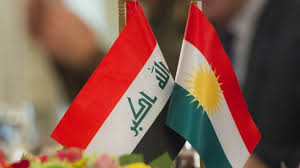 Baghdad and Erbil are close to resolving the energy file in the country, after Iraqi Prime Minister Muhammad Shia al-Sudani revealed, on Tuesday evening, that there is a draft oil and gas law that is being reviewed between Baghdad and Erbil in order to ripen it and then approve it, in a step that is believed to be resolving the most important dispute over oil wealth between the two countries. The federal government and the Kurdistan region. It will also organize all files related to this throughout Iraq.
Baghdad and Erbil are close to resolving the energy file in the country, after Iraqi Prime Minister Muhammad Shia al-Sudani revealed, on Tuesday evening, that there is a draft oil and gas law that is being reviewed between Baghdad and Erbil in order to ripen it and then approve it, in a step that is believed to be resolving the most important dispute over oil wealth between the two countries. The federal government and the Kurdistan region. It will also organize all files related to this throughout Iraq.
Al-Sudani said during the weekly press conference, “The oil and gas law is one of the government’s obligations, and there is a draft law being circulated between the Federal Ministry of Oil and the Ministry of Natural Resources in the Kurdistan region.”
He pointed out that “after the approval of the budget law, the draft oil and gas law will be discussed.”
Al-Sudani announced that “the cabinet agreed to sign a fifth round of licensing, with a final signature, for natural gas investment.”
He explained that “the natural gas investment project is one of the important projects that have been suspended for four years, and it provides a quarter of the amount of imported gas within 15 days of its implementation, and Iraqi natural gas can be relied upon during the next two years as an alternative to imported gas, and it covers all local needs.”
The oil and gas law is one of the most important reasons for the differences between Baghdad and Erbil, and over the course of previous governments and parliamentary sessions, the political blocs did not agree on a final version of this law.
The Kurdish political forces did not want to approve the oil and gas law, taking advantage of a constitutional clause that gives the region’s constitutions the exclusive powers of the government, which it enacted according to its own law.
However, after the decision of the Federal Court, the region needs legal cover to conclude agreements with international companies that have begun to fear investing in oil and gas in the Kurdistan region, especially after the armed groups targeted the sites of the “Dana Gas” company in conjunction with the Federal Court’s decision on the illegality of the region’s law and its call to Subjecting the oil wealth to the federal government according to Articles 110 and 111 of the Constitution.
Political circles believe that the oil and gas law is one of the most prominent laws that would resolve the crisis between Baghdad and Erbil, especially after the recent moves that preceded and followed the formation of the Sudanese government and the exchange of visits between the two sides.
In light of tangible political openness, and cooperation to resolve the outstanding issues between Baghdad and Erbil, there were common understandings that put an end to a long period of disagreements.
In recent months, the Iraqi arena has witnessed political movements between the region and the federal government in order to resolve the file of the oil and gas law, which is one of the most prominent laws that would contribute to solving many problems related to the energy sector between Erbil and Baghdad.
The oil and gas law in Iraq, which has been awaiting legislation in the current parliament since 2005, stipulates that the responsibility for managing the country’s oil fields must be entrusted to a national oil company, and it is supervised by a federal council specialized in this matter.
However, since 2003, Baghdad and Erbil, the capital of the Kurdistan region of Iraq, have disagreed on the issue of managing the region’s oil fields, as Baghdad says that the region does not authorize the real oil export sums, and does not hand those sums over to it, while Kurdistan says that exports from the oil fields in its territory must be subject to To manage them, whether in terms of granting licenses for new exploration, managing existing fields, controlling production and exporting to the destinations you choose, or contracting for purchase and development.
According to the Oil and Gas Committee in the Iraqi parliament, there are some proposals, including the establishment of an oil company in the Kurdistan region that is directly linked to the Federal Ministry of Oil in all its extractive and production operations. The proposals also include the establishment of another company concerned with gas investment, and a third for the investment of government refineries.
The law will be a radical solution to the dispute over oil wealth between Baghdad and Erbil, and even regulate all energy files throughout Iraq, but the Oil and Gas Committee must work with the Legal Committee, in addition to the Supreme Committee formed between the central and regional governments and the “SOMO” company, to complete the appropriate formula. To put solutions to all the controversial points in the file.
Iraq, the second largest oil producer in the Organization of Petroleum Exporting Countries (OPEC), has huge reserves of black gold, which represents 90 percent of its revenues, but the Iraqi Oil Ministry published an analysis last May that said that the regional government had committed “legal and procedural irregularities” in Selling oil caused huge losses.
The Iraqi government relies heavily on the price of a barrel of oil and oil revenues in its budget, in a country facing economic difficulties and in need of several infrastructure projects after years of war.
Rawabetcenter.com

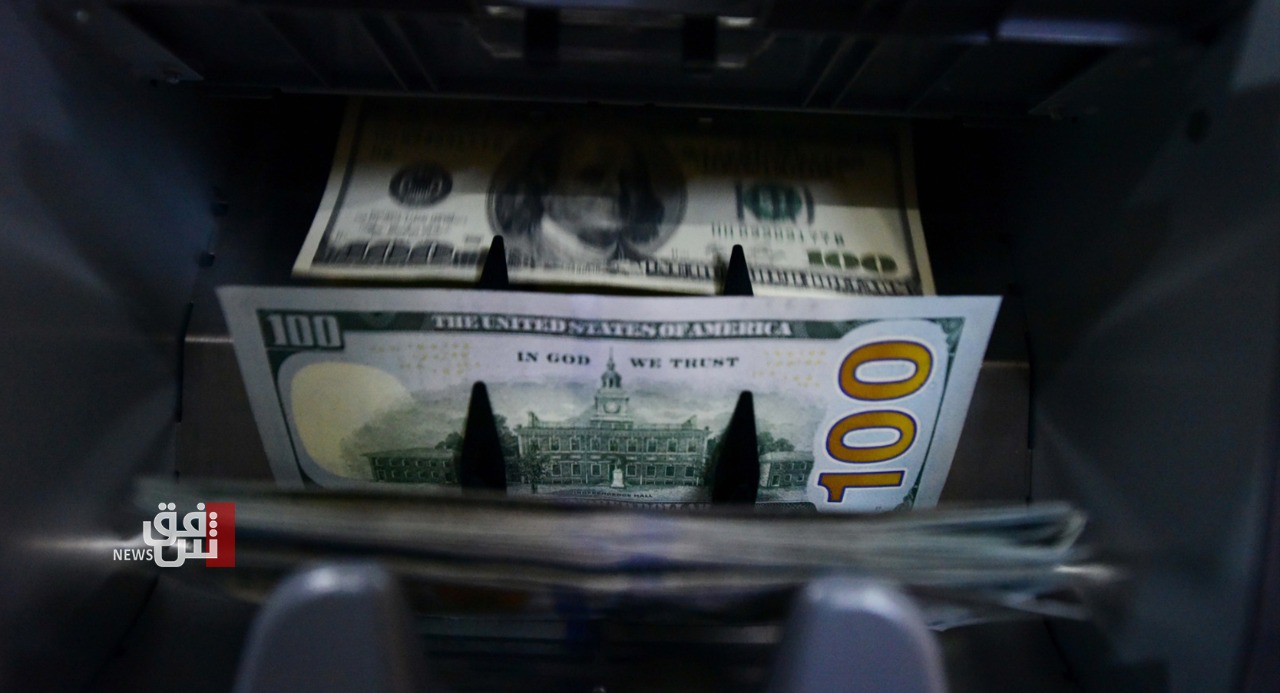 Shafaq News / On Monday, the Iraqi Prime Minister, Muhammad S. al-Sudani, issued new decisions to alleviate the problem of Dinar-dollar exchange rates.
Shafaq News / On Monday, the Iraqi Prime Minister, Muhammad S. al-Sudani, issued new decisions to alleviate the problem of Dinar-dollar exchange rates.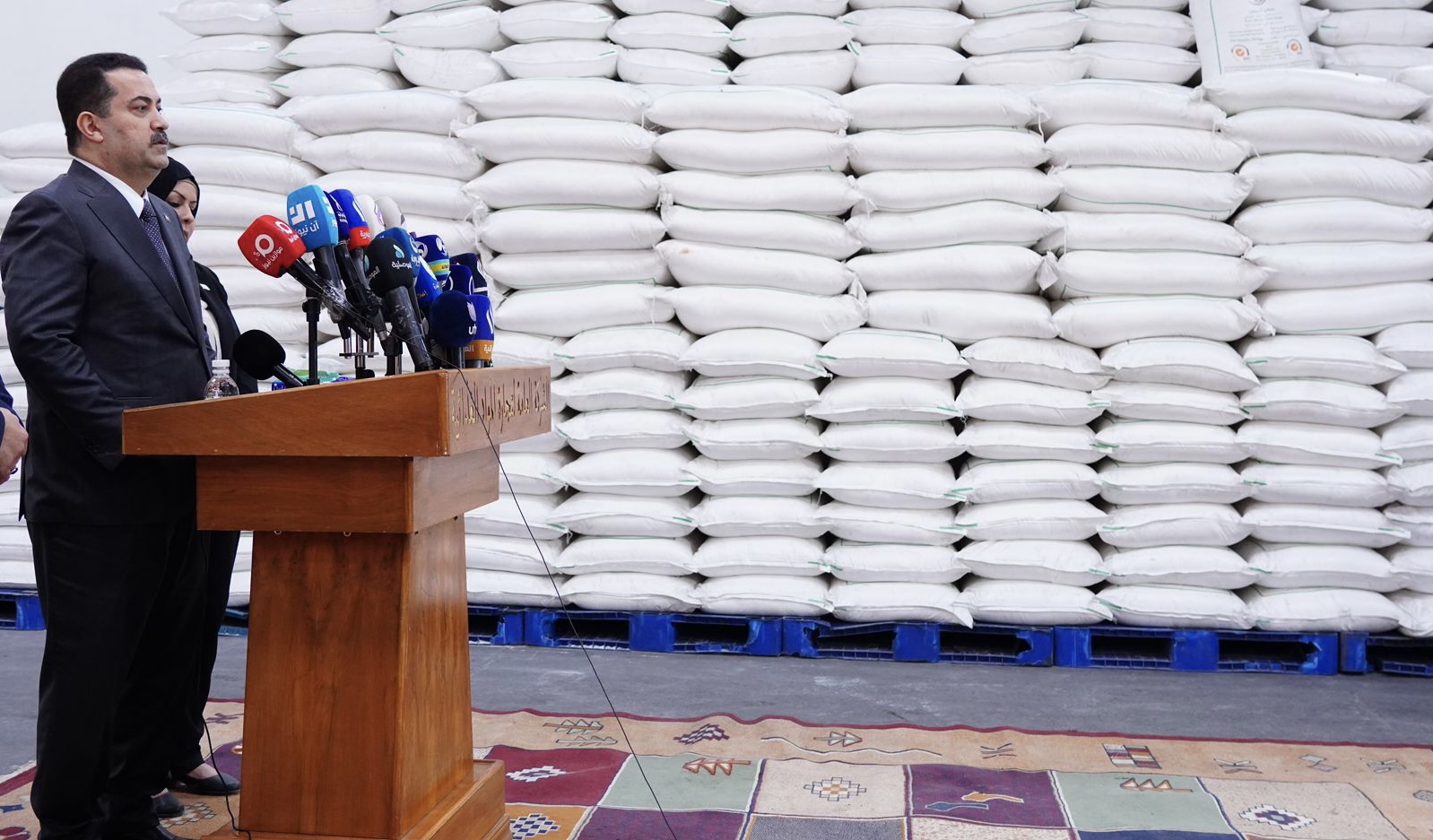 Shafaq News / Iraq’s Prime Minister Mohammad Shia al-Sudani has expressed confidence that Iraq’s central bank (CBI) and trade bank (TBI) will manage to harness the prancing exchange rate of the US dollar against the Iraqi dinar.
Shafaq News / Iraq’s Prime Minister Mohammad Shia al-Sudani has expressed confidence that Iraq’s central bank (CBI) and trade bank (TBI) will manage to harness the prancing exchange rate of the US dollar against the Iraqi dinar.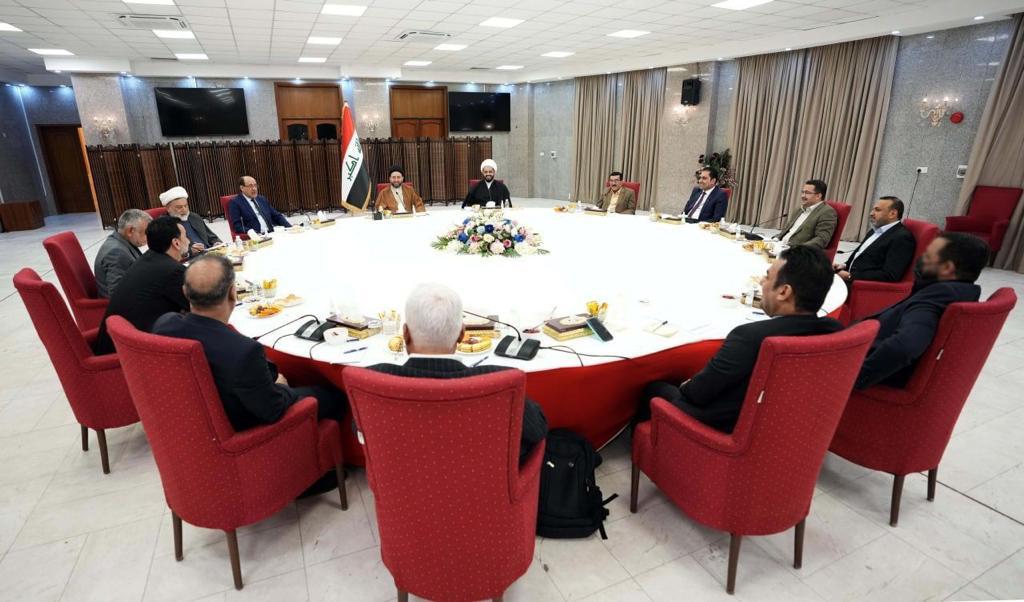 Shafaq News / Iraqi lawmaker Hasan Fad’am on Monday defended Prime Minister Mohammad Shia al-Sudani’s decision to dismiss the country’s central bank governor, and his colleague, Sajjad Salim, denounced it as a political move.
Shafaq News / Iraqi lawmaker Hasan Fad’am on Monday defended Prime Minister Mohammad Shia al-Sudani’s decision to dismiss the country’s central bank governor, and his colleague, Sajjad Salim, denounced it as a political move.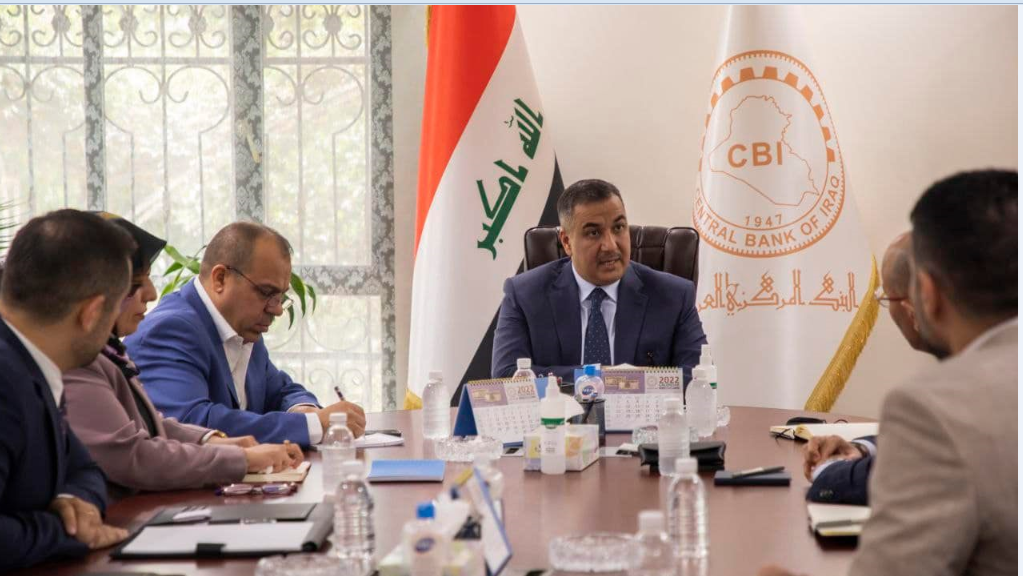 Shafaq News / Iraq’s Prime Minister, Mohammed Shia al-Sudani, ousted Mustafa Ghalib Makhif as governor of the Central Bank of Iraq.
Shafaq News / Iraq’s Prime Minister, Mohammed Shia al-Sudani, ousted Mustafa Ghalib Makhif as governor of the Central Bank of Iraq.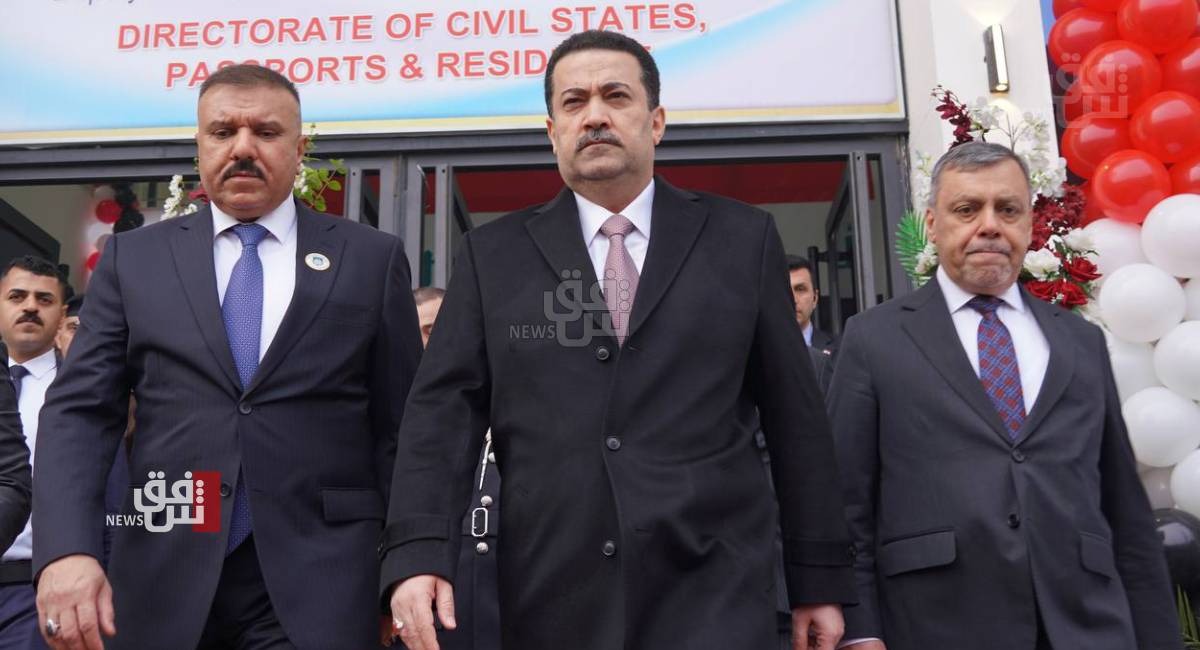 Shafaq News / A prominent leader in the coordination framework revealed, today, Monday, the scenes of Prime Minister Muhammad Shia’a Al-Sudani’s decision to dismiss the Governor of the Central Bank and assign Ali Mohsen Al-Alaq to replace him.
Shafaq News / A prominent leader in the coordination framework revealed, today, Monday, the scenes of Prime Minister Muhammad Shia’a Al-Sudani’s decision to dismiss the Governor of the Central Bank and assign Ali Mohsen Al-Alaq to replace him.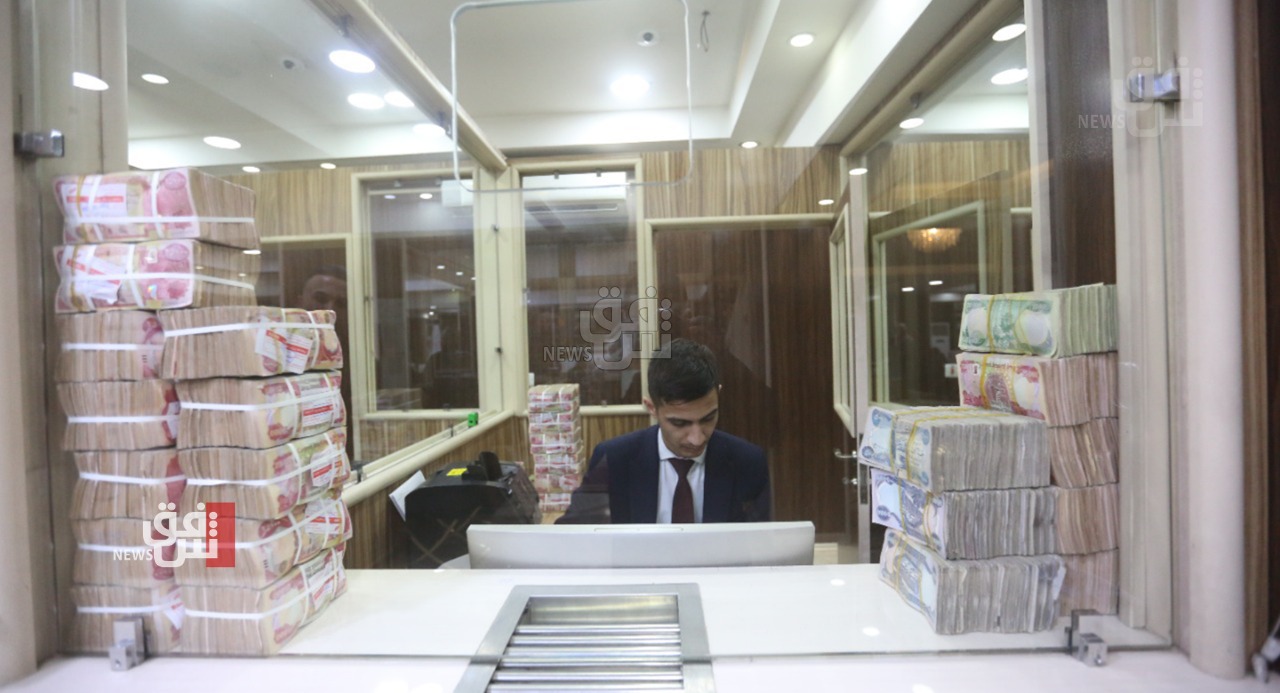 Shafaq News / A number of owners of exchange offices in the main stock exchange in Al-Kifah and Al-Harithiya confirmed that they no longer sell or buy dollars after raids by the Economic Security and the arrest of a group of owners of exchange offices.
Shafaq News / A number of owners of exchange offices in the main stock exchange in Al-Kifah and Al-Harithiya confirmed that they no longer sell or buy dollars after raids by the Economic Security and the arrest of a group of owners of exchange offices. Yes Iraq: Baghdad… Zain Cash announced the launch of the Western Union service to provide international money transfer services, to send and receive money through a global network that extends across more than 200 countries around the world.
Yes Iraq: Baghdad… Zain Cash announced the launch of the Western Union service to provide international money transfer services, to send and receive money through a global network that extends across more than 200 countries around the world. The Wall Street Journal published a report saying that the Iraqi economy is collapsing at a time when the United States has begun to take action to prevent the flow of funds from Iran. According to the report prepared by David S. Cloud, Baghdad is beginning to feel the pressure of imposing restrictions on contracts in dollars.
The Wall Street Journal published a report saying that the Iraqi economy is collapsing at a time when the United States has begun to take action to prevent the flow of funds from Iran. According to the report prepared by David S. Cloud, Baghdad is beginning to feel the pressure of imposing restrictions on contracts in dollars.